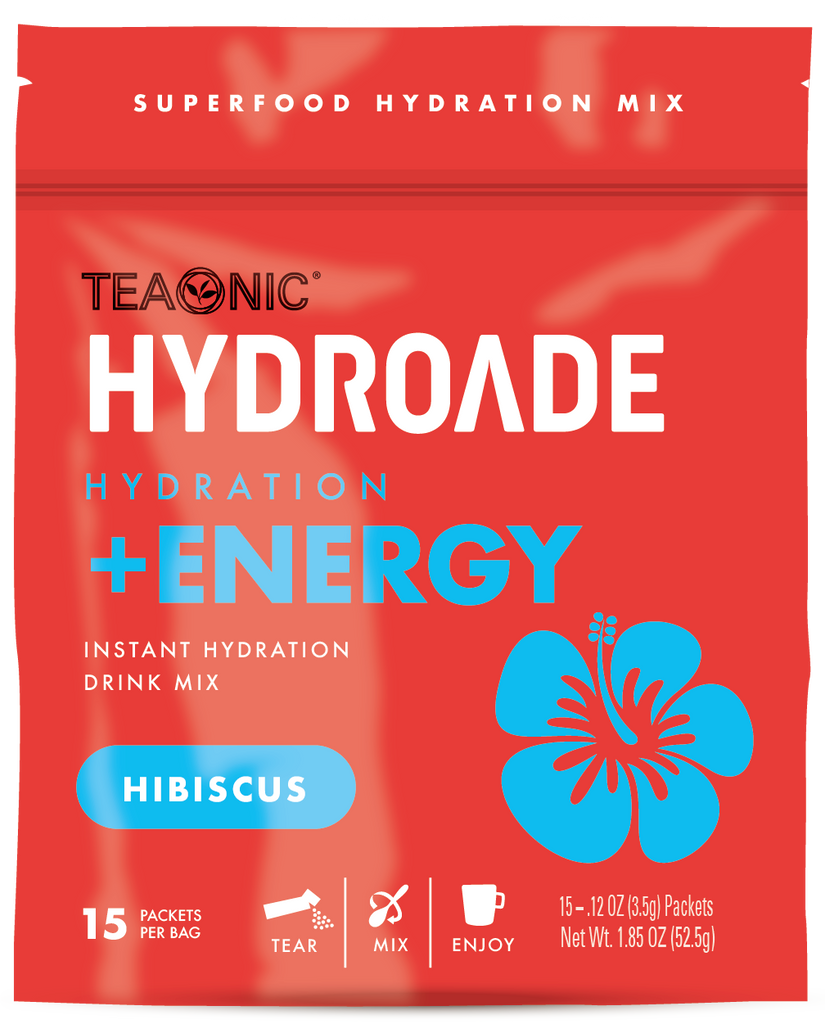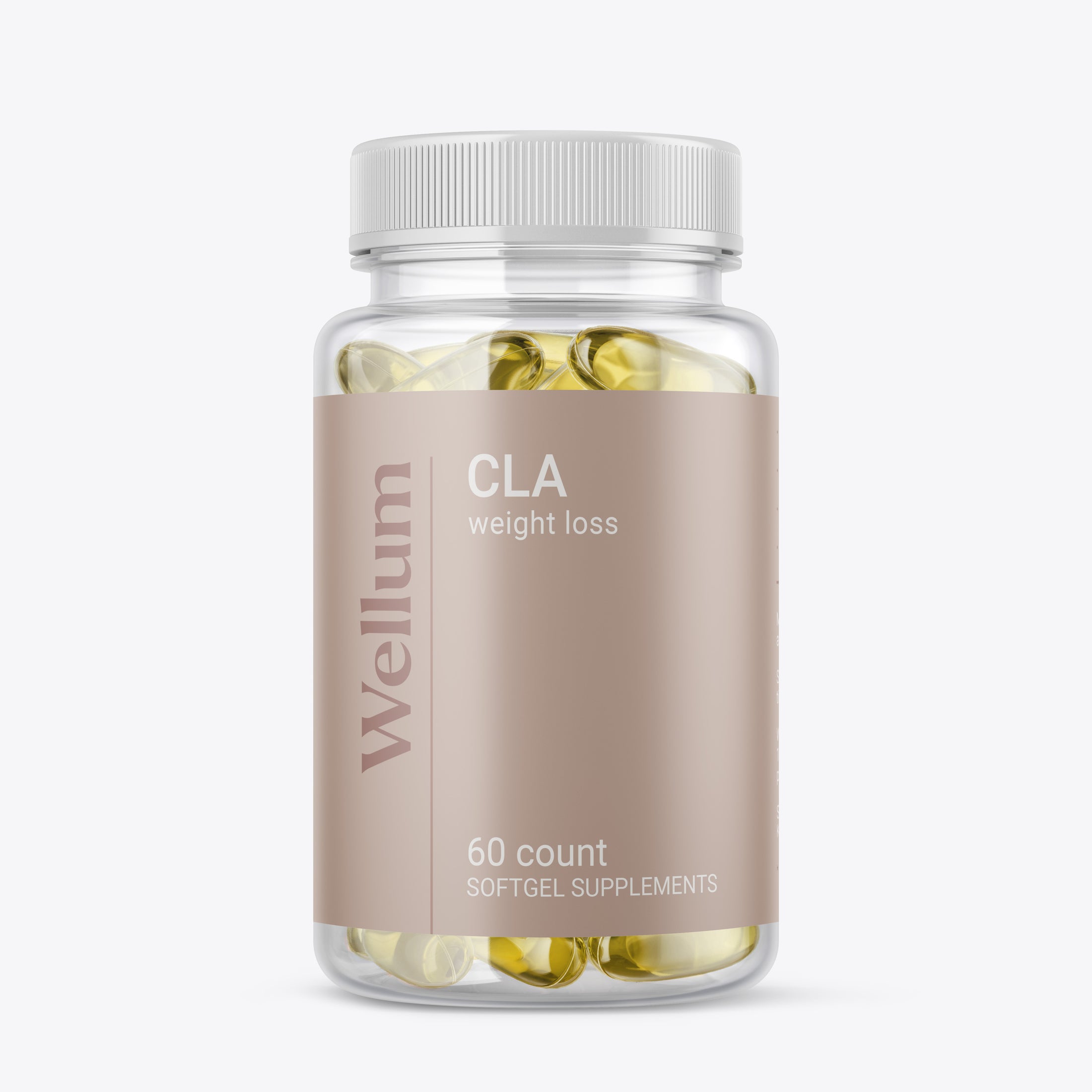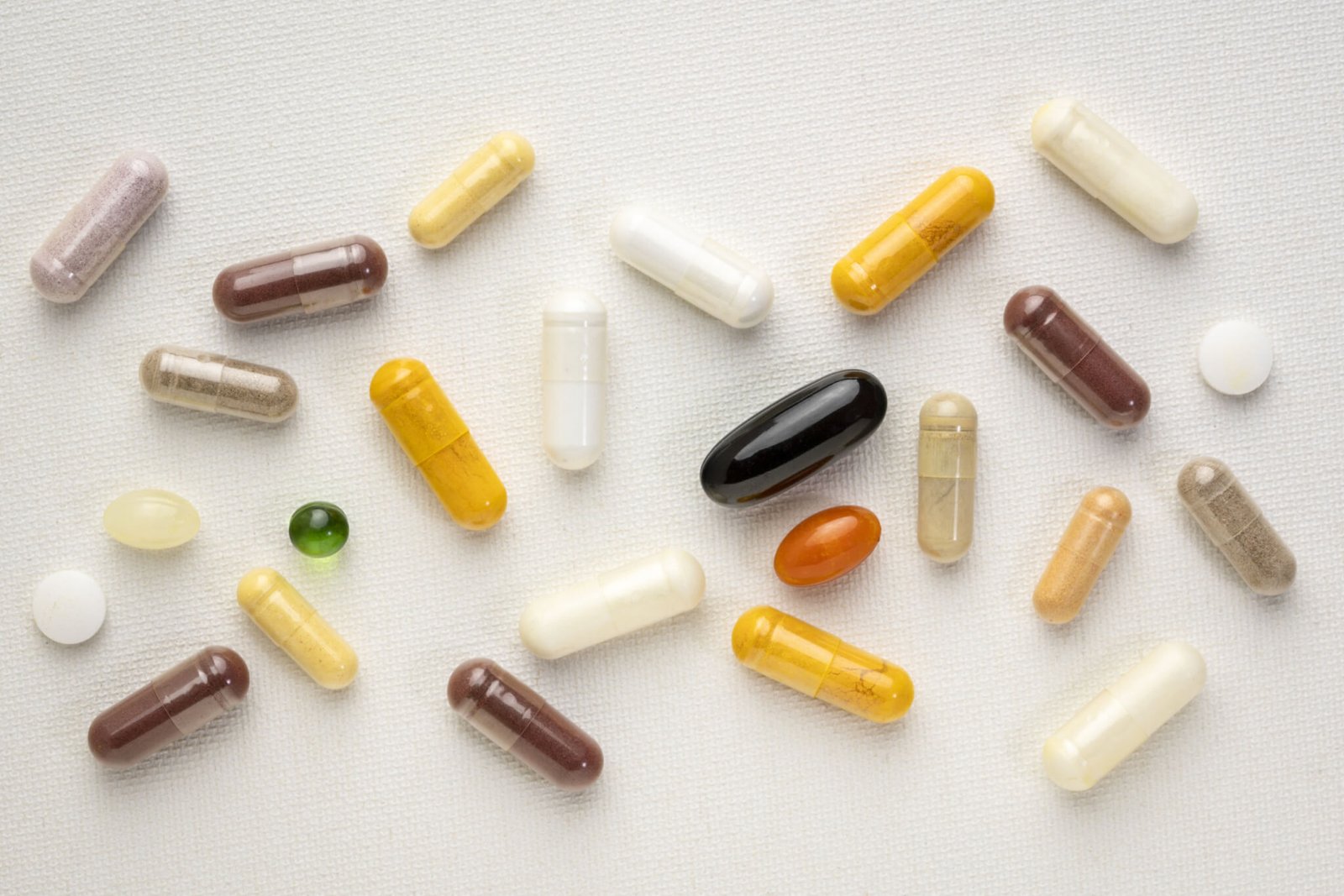
Supplements (© MarekPhotoDesign.com – stock.adobe.com)
HomeGoods is the go-to place for beautiful rugs, sofa cushions, cute plates, and handy lunch containers. It might not be the first place you think of when you want nutritional supplements, but the chain does have a great selection. But when retailers stray from their roots and move into the health and wellness space, there’s a big problem.
As a nutritionist, I often browse the supplement aisle to see what stores are selling and am always surprised at how wacky and low quality the products are. Since supplements are unregulated, it’s important to know what is and isn’t worth your time. After your trip to HomeGoods, here are 4 supplements to avoid and why:
HydroAid Superfood Hydration Drink Mix


This product is advertised as a hydration mix and based on the packaging and marketing, it appears to be an electrolyte-based product, although it is important to note that the wording does not specifically say “electrolytes” but instead uses buzzwords like “superfood” and “energy.”
This product contains so few electrolytes that the “hydration mix” actually helps hydrate you. This product does contain 30 milligrams (mg) of potassium, presumably from a small amount of coconut water powder, which is less than 1% of your daily need. It also contains no sodium or magnesium.
The most important electrolytes to look for in a proper hydration mix are sodiumWhen we sweat, it’s primarily water that is lost, and the marketing of this particular product is confusing, leading people to believe that it requires more than just water to stay hydrated. Spoiler alert: it isn’t.
CLA Weight Loss with Wellum


Putting “weight loss” on a supplement is one of the most common ways to lure consumers into it, and companies know it. But this pill is mostly safflower seed oil, one of the most commonly used vegetable oils in food today.
Typically, this oil (along with several other oils) is used as a cheaper option in ultra-processed foods such as crackers, fried foods, baked goods, etc. Considering that most of the typical American diet contains an excess of these foods, there is no shortage of safflower oil in the American diet.
Conjugated linoleic acid (CLA), a naturally occurring fatty acid found in meat and dairy products, is another ingredient in this supplement. Human studies on CLA as it relates to weight loss have been very disappointing. Furthermore, the idea that supplements are the key to weight loss is a fallacy. Weight loss requires sustainable diet, exercise, and overall lifestyle changes, not quick fixes.
Wholesome Health Magnesium Gummies


Magnesium is a great supplement that many people can benefit from, and considering that over 70% of Americans don’t get enough magnesium in their diet, it’s no wonder that these supplements are so beneficial.
However, you can’t just take any kind. This particular magnesium product appears to be a brand called “Wholesome Health.” I couldn’t find a website for this brand by this name, but the supplement appears to be sold on multiple sites. The recommended daily intake of magnesium is about 400 mg. This gummy supplement provides 70 mg per two gummies, with 4 grams of sugar per serving.
So, to get closer to your daily magnesium goal, 10 pieces gummies. You’re then consuming 20 grams of added sugar from these supplements alone. Plus, the label says the magnesium is provided in the form of magnesium citrate. This particular form is best suited for relieving constipation and not so great for other uses.
Although this product claims to have relaxing effects, it’s not going to help you if you’re having to go to the bathroom in the middle of the night. Make sure you choose a magnesium supplement that clearly states the form of this nutrient on the front of the bottle, and opt for tablets or powders instead of gummies to cut down on excess added sugars.
4. 360 Nutrition Women’s Balance Liquid Drops: Prebiotic and Probiotic Strains
“Hormone balancing” is one of the latest health fads, helping people with no qualifications or formal education make a ton of money selling supplements with no clinical evidence. in this way.
This herbal product is targeted to women with premenstrual syndrome and menopause, but it doesn’t actually have any ingredients in it that will help these women. First, it lists an herbal blend that contains a variety of ingredients. It sounds good in theory, but you don’t know what’s actually in it. If it’s listed without a breakdown of each ingredient, it’s called a proprietary blend. This means that the supplement may contain mostly one herb and only trace amounts of the rest, and you’ll never know it.
This supplement also claims to contain probiotics, but there is not a single live probiotic. The probiotics are again listed as a proprietary blend and the amount is listed in milligrams. The label should list the probiotics in colony forming units (CFU), not milligrams. CFU indicates the actual number of live bacteria. Don’t be fooled by the buzzwords.


Conclusion
None of these supplements appear to have been third-party tested, which is something I recommend checking first no matter where you buy your supplements from. Even if they were, the benefits of these supplements will likely be disappointing. They contain ingredients that have no notable effect (according to the latest research) or don’t match the marketing. While HomeGoods certainly has some healthful products, these four are not great examples.

